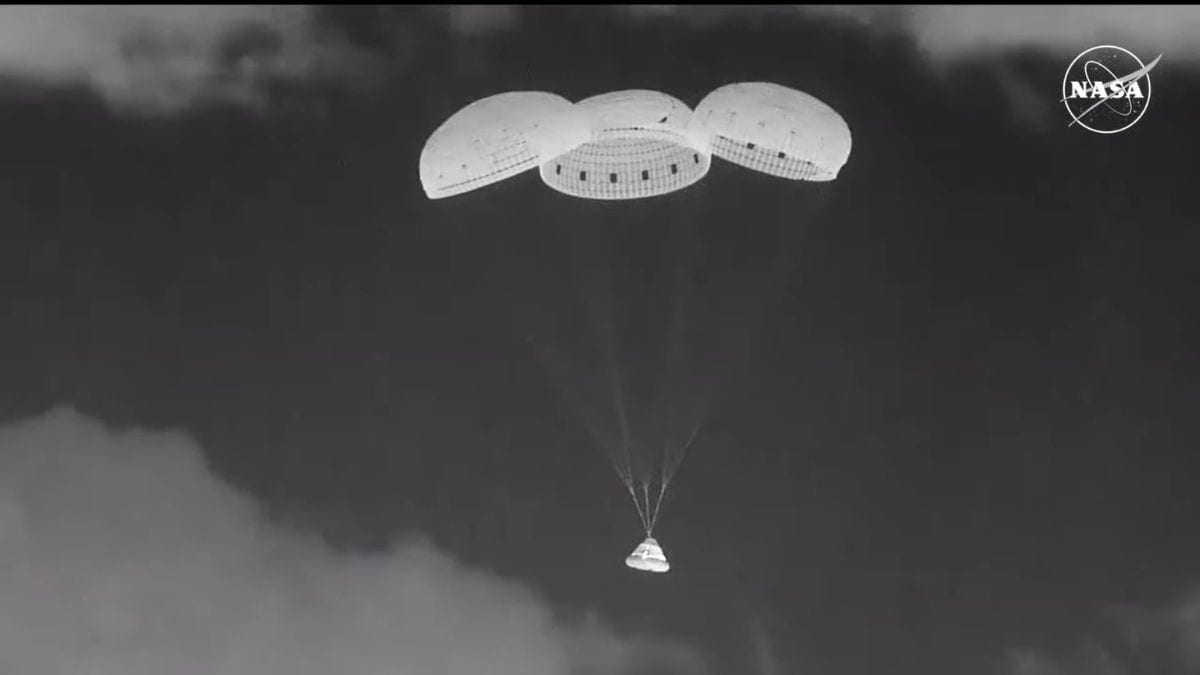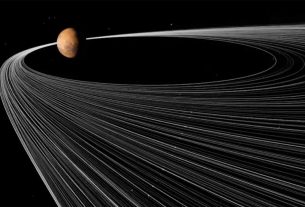
Boeing’s Starliner spacecraft has completed its Crew Flight Test (CFT) mission, landing safely at White Sands Missile Range, New Mexico, on September 7, 2024. After more than three months in space, the uncrewed capsule returned with a successful parachute-assisted landing at 12:01 a.m. EDT (0401 GMT). This marked the end of a mission initially planned for just ten days, but delays arose due to thruster issues experienced as the capsule neared the International Space Station (ISS). Although no astronauts were on board, NASA confirmed that they would have been unharmed if they had been.
Safe Landing Despite Challenges
NASA’s Steve Stich, manager of the Commercial Crew Program, explained during a press conference that Starliner’s descent followed the planned procedure. The spacecraft performed its deorbit burn, re-entry, and landing as designed. According to Stich, even with crew aboard, the landing would have been equally safe, despite the unexpected problems during the mission. Boeing and NASA have spent the past three months at White Sands performing tests to understand the thruster malfunction, which delayed Starliner’s return.
Astronaut Reassignment and Starliner’s Future
NASA astronauts Butch Wilmore and Suni Williams, initially part of the mission, had to be reassigned. They were originally scheduled to return after ten days but will now stay on the ISS for ten months. Wilmore and Williams will return to Earth on SpaceX’s Crew Dragon in February 2025, after Crew-9’s rotation.
The future of Starliner’s operations remains uncertain, with plans for its crew transport missions to the ISS now delayed until at least August 2025. Boeing’s Commercial Crew Program vice president, Mark Nappi, confirmed that the data from this mission will be reviewed to decide the next steps for the spacecraft.

